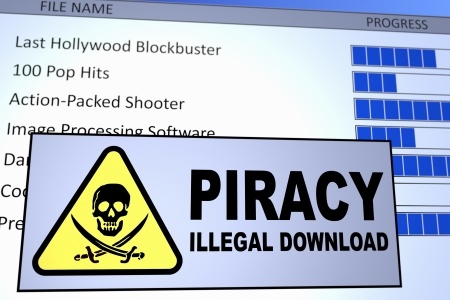By Manoel Antônio dos Santos, legal director of ABES

Another serious issue is due to the vulnerable exposure that users are faced with the lack of security and instability of these services that threaten the integrity and proper functioning of the systems, which do not offer guarantees, improvements, or qualified technical support to the user.
It is in this scenario that companies need to be increasingly attentive to the management of software in their organization. Outsourcing activity, or outsourcing, is an increasingly common reality, the result of a heated IT market that, according to IDC data, should grow 9% in 2014. In this way, a growing number of companies have specialized in providing IT outsourcing services, which is offered as a relevant business opportunity. However, some precautions need to be observed so that the performance in this market segment and the growth achieved by Outsourcing companies are legally sustained.
But why worry anyway?
It is necessary to be alert with the products and services made available to the market by its third parties, especially when dealing with duly licensed programs, because in view of Law 9609/98 (art. 2, §5) and the ISO standards of information security, regulated in standards 27001 and 27002, the customer needs to closely monitor how the service is being provided, not being able to maintain a passive or silent behavior in relation to the Outsourcing content, so that it is not subjected to legal risks arising from this relationship. Yes, it is the responsibility of each client to manage this software, whether companies or end consumers.
Software license agreements normally make it impossible to transfer the program to third parties (sublicensing, assignment, donation, lease, loan, etc.), so it is fundamental that Outsourcing companies make sure about this right of use and seek with their supplier solutions that observe a modality more adequate to the business of each client. Each company, in turn, needs to analyze, at a minimum, its service contracts, so that it does not run the risk of being punished for the misuse of intellectual property.
The tendency to adopt this type of service provision tends to grow, as well as the decrease in the use of pirated software. Being aware of the rules and legal adoptions will help not only to regularize IT environments, but mainly to increase fair competition, positively impacting the economy in the country.













